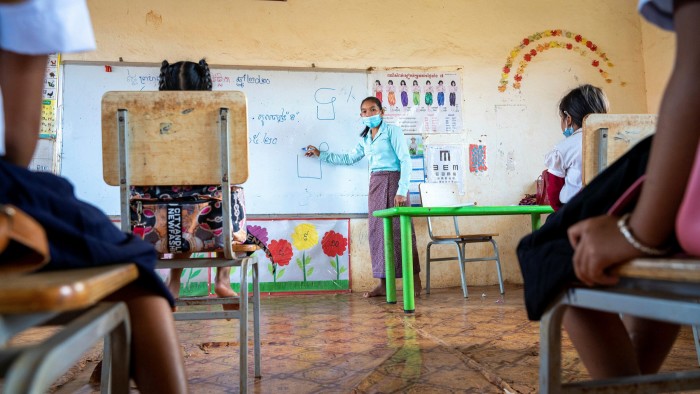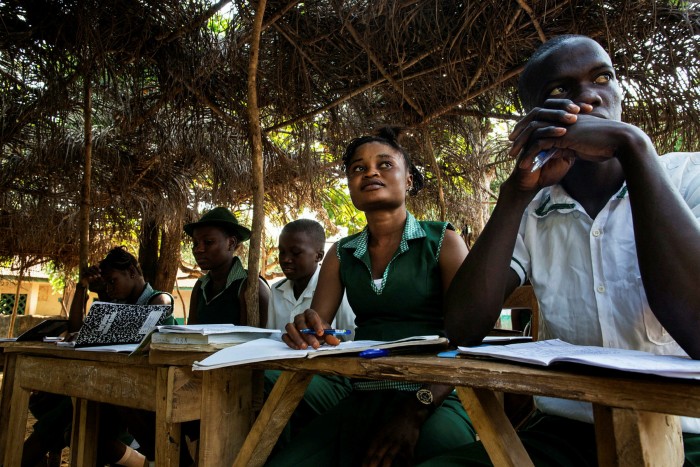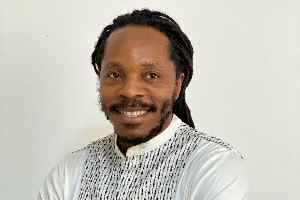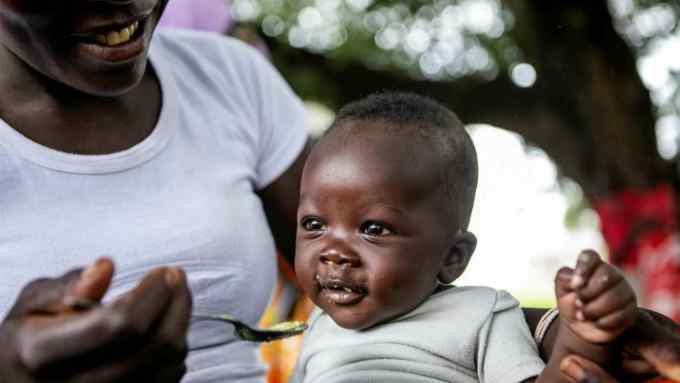Students need radical solutions to catch up post-Covid

Simply sign up to the Education myFT Digest -- delivered directly to your inbox.
Global gains in education have been threatened by the Covid-19 pandemic. In February 2021, schools were shut for 1.6bn learners worldwide. The world’s ability to achieve the UN’s Sustainable Development Goal number 4 — providing a quality education — is at risk.
During the pandemic, children around the world have lost an average of one-third of a year’s education and this generation of students stands to lose an estimated $10tn in earnings, according to the World Bank. The impact on sub-Saharan Africa is particularly grave — even pre-Covid, many countries already had more than half of their primary age children, especially girls, out of school.
But every child’s right to a good-quality education is made clear in Articles 28 and 29 of the UN Convention on the Rights of the Child (UNCRC). Education is not a gift to be given to those whose circumstances allow for it; it is the right of all who are part of and who will contribute to our global society.
I have seen in my own country, Sierra Leone, how poverty, gender, and disability act as barriers to education and we require a global recommitment to the promises we have made to our children. We need a commitment to “radical inclusion” so we can reach every child with their right to education.
Radical inclusion necessitates a “last-first” approach. In Sierra Leone, we focus in particular on girls (including pregnant girls and parent learners), children with disabilities, and those left behind through poverty or geography. Radical inclusion requires flexible and inclusive structures — infrastructure, curriculum, and school environment — that remove barriers to the right to education.
When children do enter the classroom, they must also be provided with an education fit for the 21st century. Article 29 of the UNCRC sets out the purposes of education: not only to develop children’s mental and physical abilities, but also their respect for human rights, cultural identity, values, and the environment — preparing young people for life in a free society. This should be the touchstone for any vision of education.
Children must have the opportunity to learn the skills to be active citizens in our global community: digital skills, critical thinking, creativity, interpersonal skills, respect, and social and emotional skills.

Education financing should be seen as an investment: a critical pillar for the economic and social development of societies, globally. During the pandemic, Sierra Leone has expanded its education budget, despite economic challenges, as an investment in our society. We know we will see the returns in the years to come.
The 2021 Global Education Summit later this month offers a unique moment to commit to investing in the future of our children, and to make clear that nothing — not even a pandemic — can tear apart our commitment to the rights and futures of every child.
In Sierra Leone, 48 per cent of people are under 18, and 60 per cent live in poverty. The pandemic disrupted education for 2.6m of our children. However, we took measures to ensure all learners could continue to access education, including a national radio programme. All schools were supported with emergency preparedness training and infection control and prevention measures, and those who returned to take examinations were provided with food. The government has also made a commitment to provide internet connections to all 11,000 schools to enable quality teaching and learning.
My vision is to transform the education system in Sierra Leone, ensuring that everyone — children from marginalised areas, poor households, pregnant girls, parent learners, mentally and physically challenged children — has access to a quality education.
In this year of summits, the call to invest in education is at the centre of every issue under discussion. As we reflect on how to get the global economy back on track, there can be no more vital component than investment in the rights and wellbeing of the world’s children.
But children cannot learn if they are hungry, so the 2021 Food Systems summit, and the Nutrition for Growth summit, are also vital for education. Educational outcomes suffer when malnutrition rises, yet education is essential to future food security as we seek to build a global society in which no child goes to bed hungry, in which we have the skills to tackle future pandemics, and in which every family can prosper.
At the same time, we must ensure that we fulfil the UN Article 29 commitment to educate children in “respect for the natural environment”. The risk of being out of school is only likely to increase as the impacts of climate change intensify. A policy of radical inclusion, once again, becomes the only pathway to success.
As the UK takes its leadership role in this year’s summits, the world needs a Global Britain that puts education — built on the foundations of children’s rights and the principles of radical inclusion — at the heart of its vision.
This year offers a unique opportunity for the world to begin to “build back better” after the disruptions to education brought about by the pandemic. And, based on the vision and principles of the UNCRC, we can build a safe, sustainable, just and empowering world for the coming generations.

David Moinina Sengeh is minister of Basic and Senior Secondary Education, and chief innovation officer for the government of Sierra Leone.
Read his full essay on the Unicef website, here

Comments